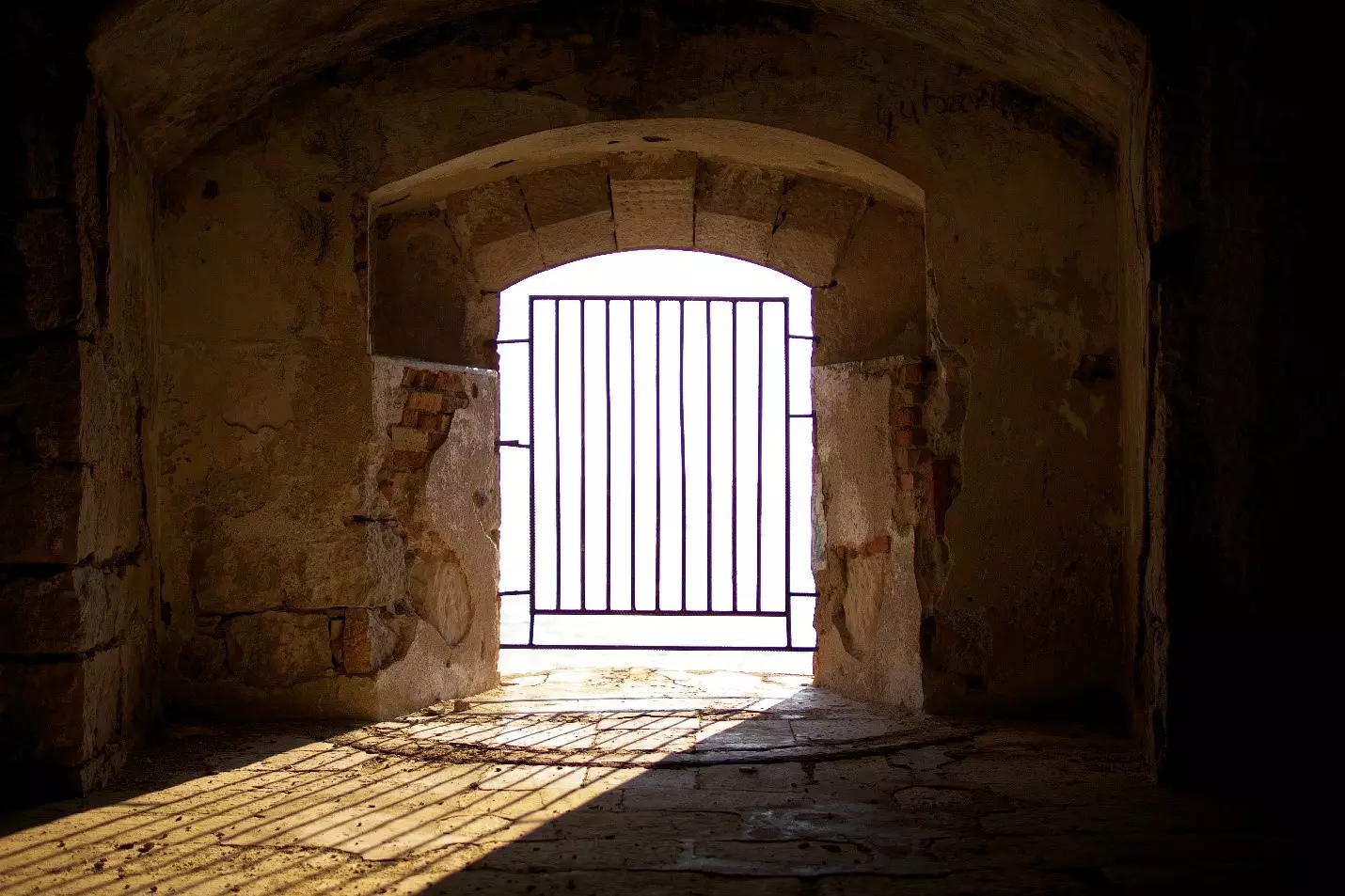
I Was Charged With Child Abuse In California, What Do I Do?
[playht_listen_button]Parents and caregivers have a responsibility toward the children in their care. They are expected to protect them from harm and to provide them with necessities of life, to the extent that they are able. They also must avoid putting the children in dangerous or harmful situations and, of course, cannot injure or hurt the children. Those adults who fail these responsibilities in a serious way, or who take active steps to injure a child, can face severe penalties for the crime of child abuse in California.
The truth is that life is not always just as it should be, and, far too often, children are injured, neglected, or put in harmful situations by the adults who should be caring for them. In such cases, authorities may bring criminal charges of child abuse, child neglect, or child endangerment against the adult who let the child be injured or harmed in some way.
Types Of Child Abuse Crimes
Child abuse can involve the physical abuse of a child. A prosecutor may charge a person with child abuse if there is evidence that the adult did any of the following to the child and caused injury:
- Choking
- Shaking
- Hitting violently with fists or objects
- Cutting or stabbing
A person can face a charge of child sexual abuse if the physical abuse is of a sexual nature.
However, a parent or caregiver can commit a form of child abuse even if they do not physically abuse the child. Such forms of child abuse may involve neglect or endangerment.
Child Neglect
An adult commits the crime of child neglect by failing to provide necessities of life, within the person’s resources, to the child. This failure causes the child to suffer from lack of food, proper clothing for the season and weather, or safe and adequate shelter.
Child Endangerment
A prosecutor can charge a person with child endangerment if they put a child in a place of known danger. Leaving a child to be cared for by a dangerous caretaker can qualify for criminal charges. For example, a parent who leaves their child with someone who has a known drug addiction that could cause them to harm or neglect the child could face a charge of child endangerment.
There are, of course, many other ways a person can harm a child that can result in them being charged with child abuse. There are those who feel that they have a right, or even a duty, to use physical force to discipline a child, for example. The law enforces limits on the amount of force that an adult can use on a smaller, weaker child, even for purposes of discipline or training.
Penalties And Punishments
Child abuse under California law is what is called a “wobbler,” which means that it can be charged as a misdemeanor or a felony, depending on the circumstances and details of the case. A misdemeanor conviction of child abuse can result in up to one year in county jail, whereas the sentence for a felony conviction can be two to six years in state prison. People with previous child abuse convictions can face additional prison time of four years for subsequent convictions.
Mandatory Reporters
Under California law, certain groups of people have a duty to report any signs or symptoms of child abuse. Such individuals include:
- School teachers and administrators
- Social workers who are assigned to oversee a home with children
- Religious clergy members
- Mental health professionals such as psychiatrists and psychologists
- Other professionals identified by the law
These professionals have a duty to contact law enforcement or the child welfare department when they know or reasonably suspect that a child has been abused. They do not have to witness the abuse for their obligation to arise — even reasonable suspicions must be reported. The importance of potentially protecting vulnerable children from abuse is greater than the risk of discomfort or erroneous legal charges that could result from mistaken or wrongful reporting.
Defenses Against The Charges
The crime of child abuse can be complex and difficult for a prosecutor to prove, in some cases. It is not uncommon for child abuse charges to be brought against an innocent parent or caregiver. A mandated reporter or another concerned individual may report signs that could be indications of abuse. For example, a child could have bruises from playing football or roughhousing with a sibling, but their teacher unknowingly might report it as potential abuse. In other cases, the wrongful report could be intentional, such as one made by an angry or jealous ex-partner intending to cause harm to the person accused of abuse.
If you’ve been accused of child abuse, a skilled criminal defense attorney with experience with such cases can help you to understand your rights and sort through the facts of your case. It is essential that you understand the full nature of the charges, the sources of the evidence or testimony against you, and the potential defenses that you have to the charges.
California Child Abuse Defense Lawyer
My Rights Law is focused on fighting for Californians’ rights in criminal cases. Our attorneys have provided meaningful assistance to those who have been charged with child abuse or other serious crimes. We can help you get through this situation. To learn more about how we can help you, call (888) 702-8882 or contact us online for a free consultation.